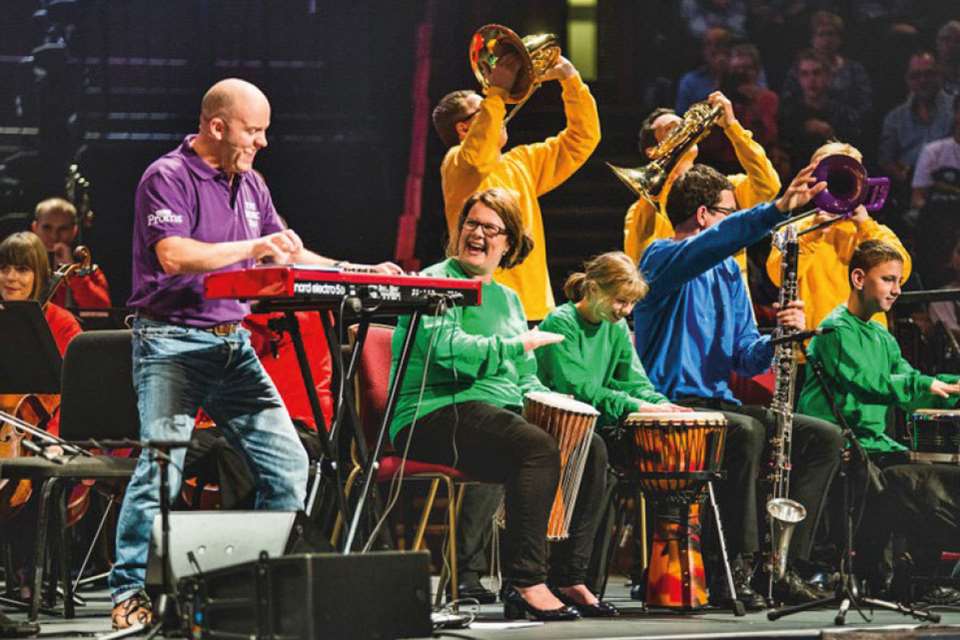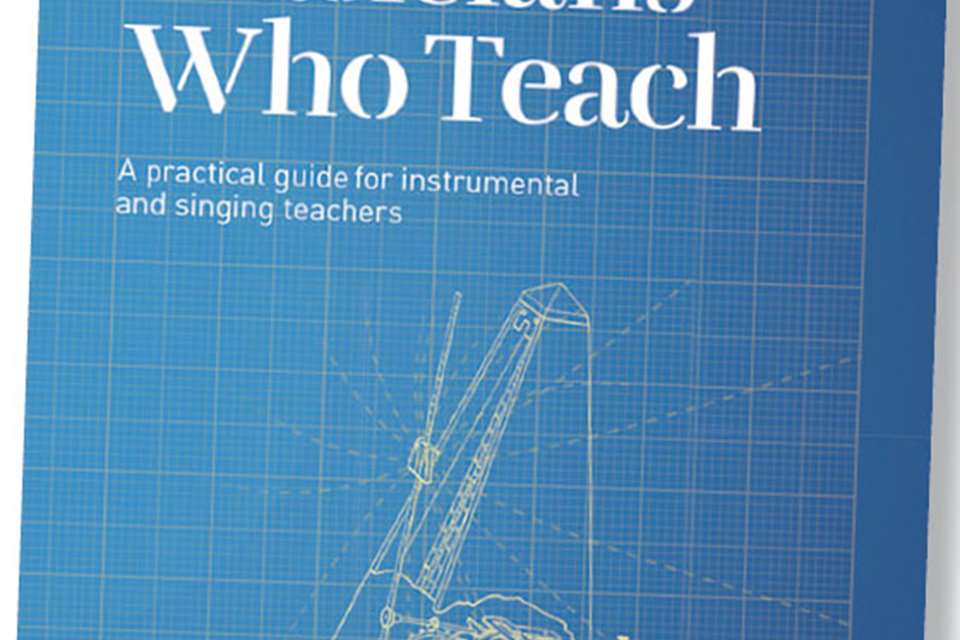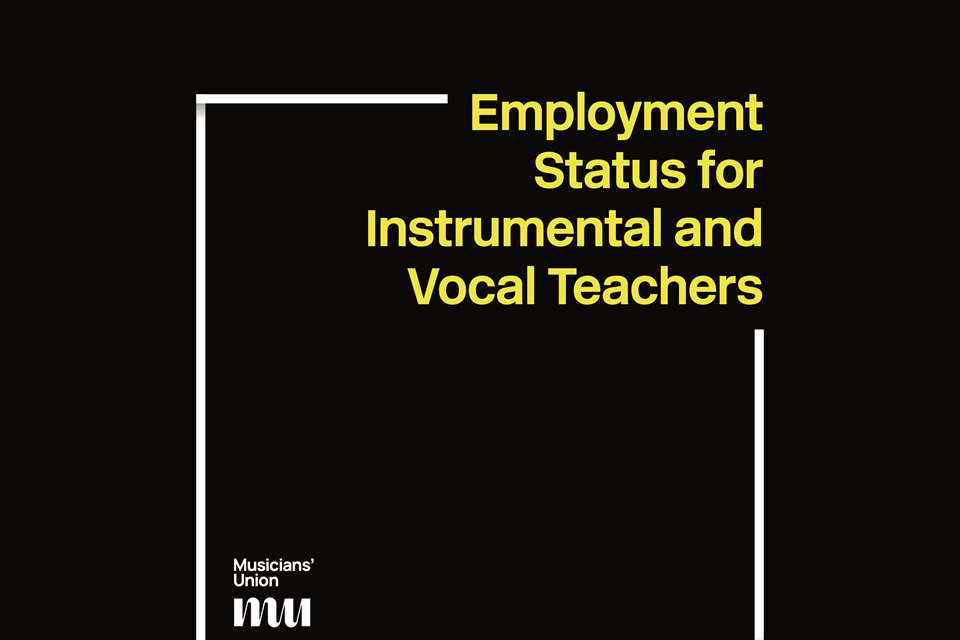MU Column: Key change
Chris Walters
Monday, November 1, 2021
With the news of a National Music Service under construction in Wales, Chris Walters at the Musicians’ Union puts this new development into the wider UK context and reflects on what lessons learnt in other nations could be incorporated into its development.

Travelwitness/AdobeStock
Wales is known as the land of song, built on a proud tradition of musical excellence and participation. Unfortunately, music education in Wales – the foundation for this reputation – has suffered cuts and a lack of political support in recent years, which has led to uneven provision and an inconsistent experience for many teachers and learners.
Fortunately, Welsh Labour, which won a majority in this year's Senedd Cymru (Welsh Parliament) elections, made a manifesto commitment to create a National Music Service (NMS) ‘to make sure that a lack of money is no barrier to young people learning to play an instrument.’ This was strongly welcomed by the Musicians’ Union (MU) for its clear commitment to address exclusion caused by financial inequality, and for the implication that fragmented provision will be replaced by a coherent national programme.
It will be important to learn from the other UK nations in the creation of Wales’ NMS. In England, under the National Plan for Music Education (NPME), music education hubs were introduced because existing music services were deemed to be uneven. However, despite doing much good work, hubs still vary widely and are arguably as inconsistent as music services were. Contractual models for teachers are different everywhere and motivation among the workforce is understandably variable, especially where poorly paid zero-hour contracts are offered. Many hubs would wish to offer better terms for teachers if they could, but there is no set budget or framework for doing so.
Dwelling for a moment longer on the English system, there is insufficient funding to ensure that all children and young people can access music education through hubs. Progression opportunities beyond the common initial period of whole-class teaching are mostly limited to those who can pay. Further, some schools do not engage with hubs at all, meaning the reach of hubs is limited. The MU believes that the flaws of the English system should not be repeated in Wales – and we see a similar desire to do better in Scotland, where the Scottish government has made a commitment to offer free instrumental tuition for all children.
In Wales, much instrumental tuition is still delivered by music services that are connected to local authorities, some of which contribute significant funding to those services. Other local authorities do not directly run their music services, and in one area there is no music service at all. Teachers are engaged on a wide variety of terms and conditions based on available funding, not always in ways that the MU would see as fair or fully compliant with employment law. And in terms of foundational principles for music education, Wales currently lacks an equivalent to England's NPME.
These observations point to a clear way forward for the NMS in Wales, beginning with some precisely defined educational principles and a commitment to fairness and equality. For starters, every child in Wales should have access to high-quality music education, based on sufficient funding to support universal first access at an early age. This should be followed by funded progression with the option for learners to broaden into different styles and disciplines, including Welsh language and traditional music.
Provision should accommodate learners with unique and additional needs and those from different ethnic and socioeconomic backgrounds. Group music-making and ensembles must be offered, along with exposure to community and professional performances. Classroom teachers should be supported in working with the NMS, especially at primary level, and there should be an expectation that a proportion of students will pursue GCSE and A Level Music or equivalent vocational qualifications. These principles and others should be articulated as the bedrock of the NMS, perhaps in the form of Wales’ own NPME.
In terms of delivery, the NMS should draw on what already works well, while at the same time establishing consistency across Wales. For example, the MU would support the continuation of some diversity of teacher engagement; for example, in areas where MU-supported teacher co-operatives already operate successfully, these should be encouraged to continue. But we would wish to see consistent principles applied to the engagement of all teachers so that fair and reasonable terms always apply. In our view, this would mean an end to hourly paid zero-hour contracts and ‘fake’ self-employment, which do not help teachers feel valued or motivated. It is well within the scope of the NMS to consider a national framework for the engagement of visiting music teachers, and the MU is ready to contribute to the development of this.
These are exciting times for Welsh music education, and Scotland too appears to be moving in a positive direction. England's NPME is currently being rewritten, and comparisons with other UK nations may force a more favourable funding settlement. Other challenges notwithstanding, could we finally be making a step forward?





